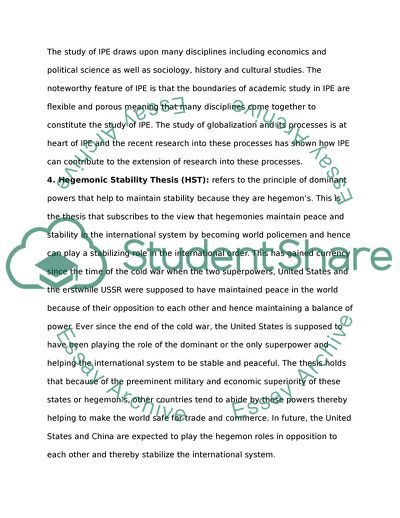Cite this document
(Politics of Globalization Assignment Example | Topics and Well Written Essays - 1750 words, n.d.)
Politics of Globalization Assignment Example | Topics and Well Written Essays - 1750 words. https://studentshare.org/social-science/1760667-politics-of-globalistation
Politics of Globalization Assignment Example | Topics and Well Written Essays - 1750 words. https://studentshare.org/social-science/1760667-politics-of-globalistation
(Politics of Globalization Assignment Example | Topics and Well Written Essays - 1750 Words)
Politics of Globalization Assignment Example | Topics and Well Written Essays - 1750 Words. https://studentshare.org/social-science/1760667-politics-of-globalistation.
Politics of Globalization Assignment Example | Topics and Well Written Essays - 1750 Words. https://studentshare.org/social-science/1760667-politics-of-globalistation.
“Politics of Globalization Assignment Example | Topics and Well Written Essays - 1750 Words”. https://studentshare.org/social-science/1760667-politics-of-globalistation.


